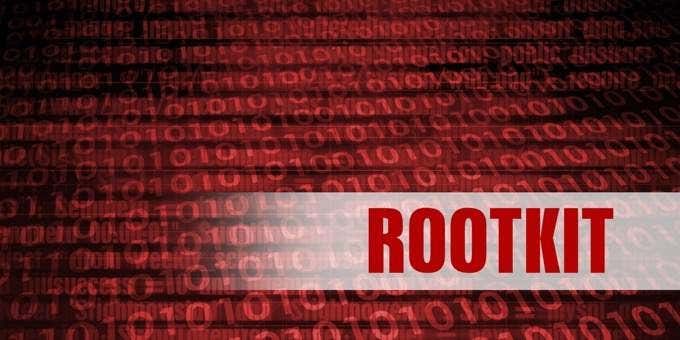

Memory rootkits hide in your computer’s random-access memory (RAM) and use your computer’s resources to carry out malicious activities in the background. This activates the rootkit even before your computer’s operating system is fully loaded. Bootloader rootkits attack this system, replacing your computer’s legitimate bootloader with a hacked one. The bootloader mechanism is responsible for loading the operating system on a computer. Although less common than other types, hardware or firmware rootkits are a severe threat to online safety. Because they affect hardware, they allow hackers to log your keystrokes as well as monitor online activity.
ROOTKIT CLEANER MAC INSTALL
Instead of targeting your operating system, they target the firmware of your device to install malware which is difficult to detect.
ROOTKIT CLEANER MAC SOFTWARE
Hardware or firmware rootkits can affect your hard drive, your router, or your system’s BIOS, which is the software installed on a small memory chip in your computer’s motherboard. What makes rootkits so dangerous is the various forms of malware they can deliver, which can manipulate a computer’s operating system and provide remote users with admin access. Mostly though, they are used for malicious purposes. Some rootkits are used for legitimate purposes – for example, providing remote IT support or assisting law enforcement. They can even disable or remove security software. Rootkits can allow hackers to use your computer to launch DDoS attacks or send out spam emails. This makes it easy for cybercriminals to steal your personal information, such as credit card or online banking details. Rootkits can hide keyloggers, which capture your keystrokes without your consent. Anything which uses an operating system is a potential target for a rootkit – which, as the Internet of Things expands, may include items like your fridge or thermostat. Rootkits operate near or within the kernel of the operating system, which gives them the ability to initiate commands to the computer.
ROOTKIT CLEANER MAC DOWNLOAD
Victims unknowingly download and install malware that hides within other processes running on their machines and give the hackers control of almost all aspects of the operating system.

The applications which allow unauthorized root or admin-level access to the device are known as the "kit". The name “rootkit” derives from Unix and Linux operating systems, where the most privileged account admin is called the "root". Once they gain unauthorized access to computers, rootkits enable cybercriminals to steal personal data and financial information, install malware or use computers as part of a botnet to circulate spam and participate in DDoS (distributed denial of service) attacks. Rootkits are adept at concealing their presence, but while they remain hidden, they are active.

Although most rootkits affect the software and the operating system, some can also infect your computer’s hardware and firmware. A rootkit is a type of malware designed to give hackers access to and control over a target device.


 0 kommentar(er)
0 kommentar(er)
